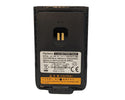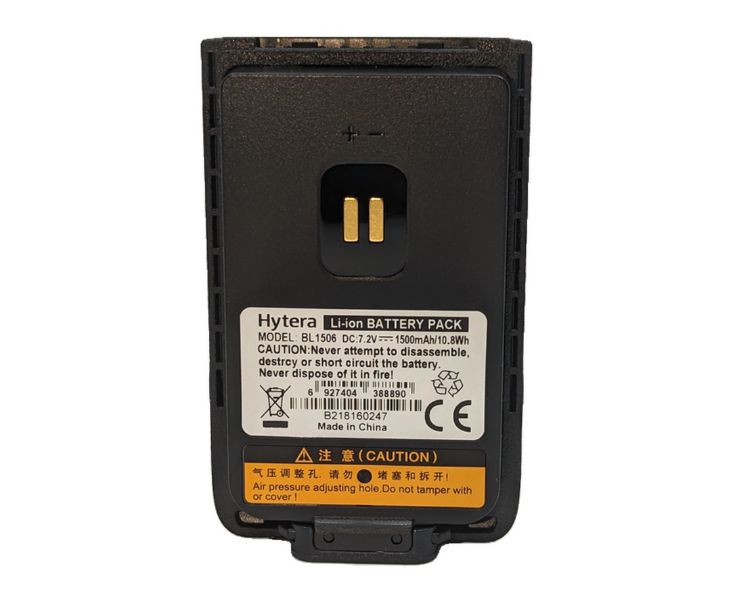
4 Common Mistakes To Avoid With Two-Way Radios
, by Joseph Gabriel, 2 min reading time

, by Joseph Gabriel, 2 min reading time

Two-way radios are irreplaceable for teams working in isolated or noisy environments. Instantaneous and reliable communication resources increase productivity and enhance team coordination.
Is two-way radio communication new to your job site? Is your team having trouble getting the hang of these devices? It’s time to strengthen your team’s usage of two-way radios. You’ll need to know about the four most common mistakes to avoid.
A radio’s antenna is the bridge between the device and the outside world for effective communication. Handle the antenna with care to prevent damage that could impact the radio’s performance. Regularly inspecting the antenna for cracks or bends and taking good care of it will ensure optimal range and clarity for reliable communication in all scenarios.
Before implementing two-way radio accessories, make sure they are compatible with the radio. Using the wrong antennas, batteries, or headsets will diminish the quality of communication from the radio or render it inept.
Select accessories that are designed for your radio model. This attention to detail can reduce the risk of issues so the radio can function well.
Employees who aren’t trained in appropriate radio use might disrupt transmissions or even break the device. This can cost a lot of resources to fix. Your team should know how to use their handheld radios in order to improve the entire team’s productivity. Still, user error is typical with two-way radios. These unsatisfactory actions include muffled speech, speaking too quickly, not pressing the push-to-talk (PTT) button, and interrupting others. Team your team the correct way to communicate with two-way radios.
Two-way radios require batteries to function, but plenty of things can go wrong when the batteries aren’t properly cared for.
A common mistake to avoid with two-way radio batteries is charging them overnight. Let the batteries get a full charge during the workday. Once they’re full, remove the batteries to reduce the chance of overcharging, which can damage the batteries over time.
Store your Hytera lithium polymer batteries in a cool location. Humidity can cause electrical malfunctions, so make sure the storage area is well-ventilated.
Atlantic Radio can supply your business with high-quality radio products! Before your team receives their radios, teach them how to use them appropriately. Avoiding these radio mistakes can promote clear communication at your facility or work site.